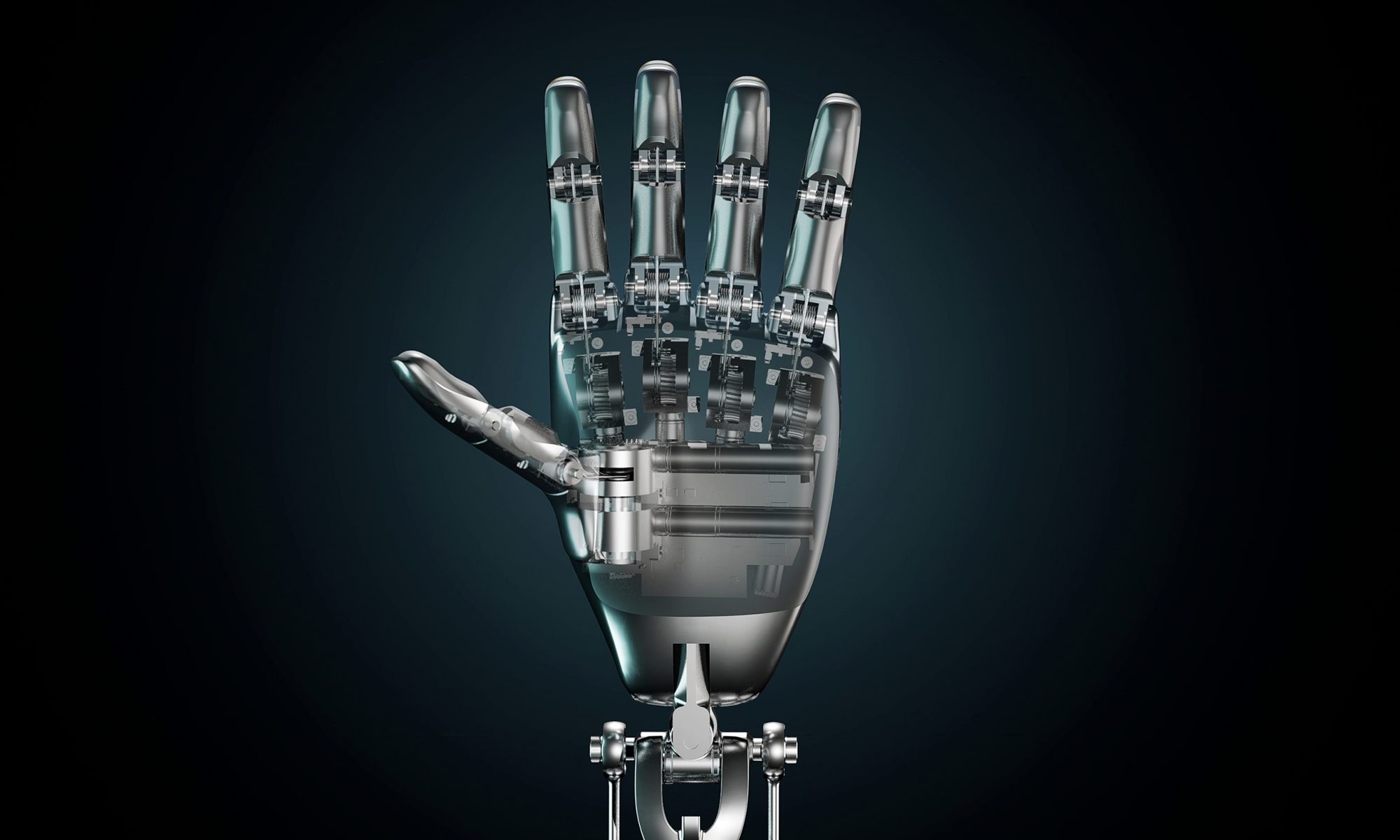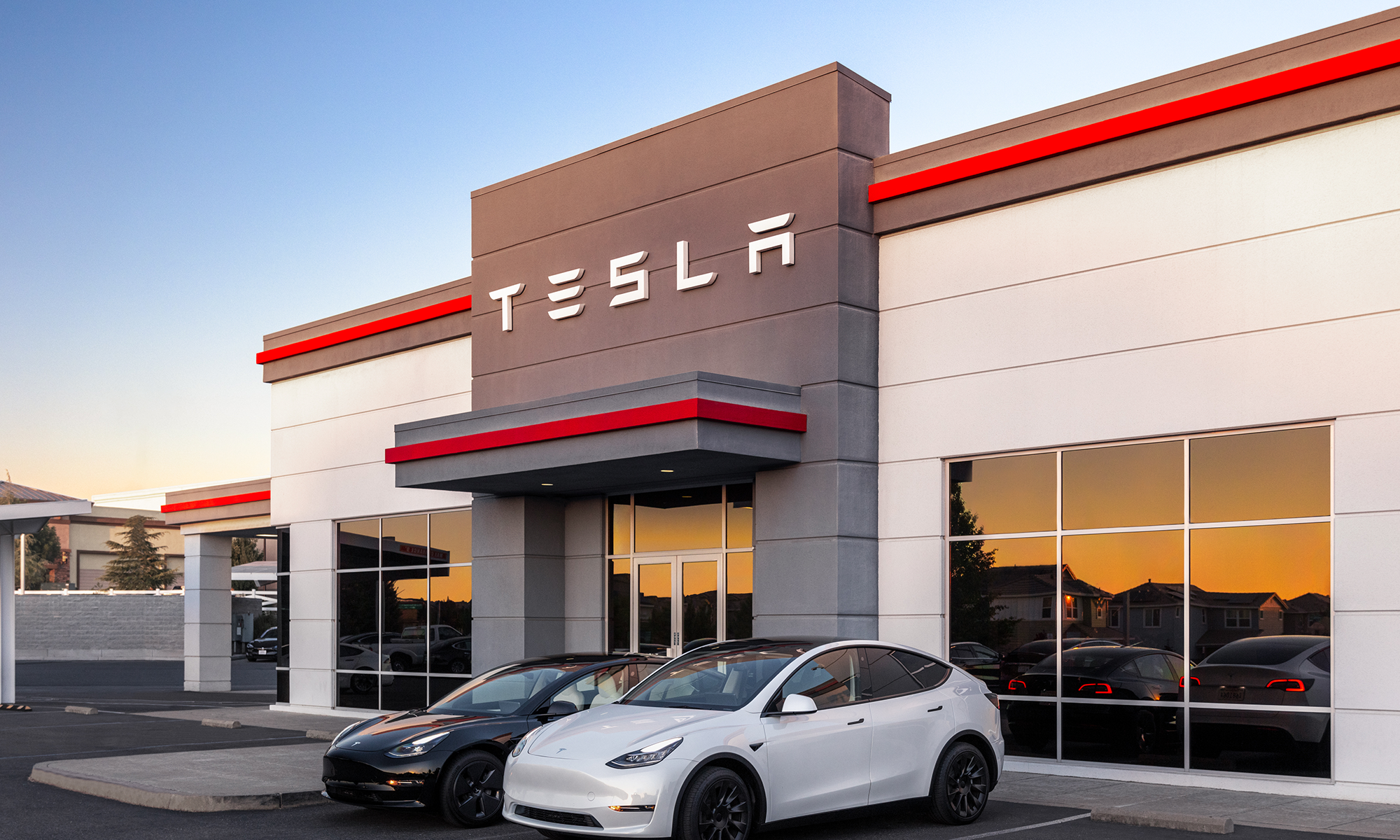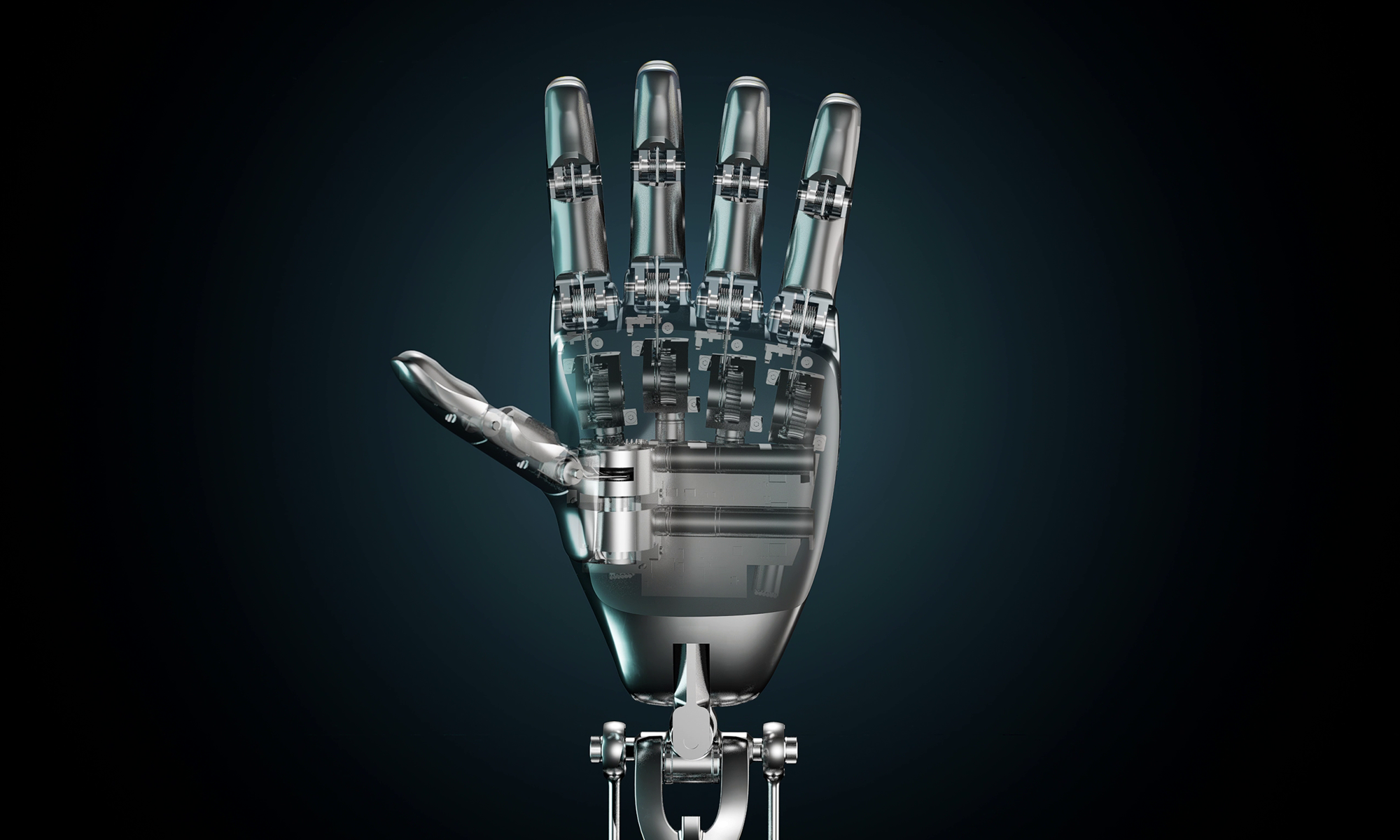The first half of 2025 will draw to a close at the end of this month, and investors have been treated to some big twists and turns in the year so far. Despite some major sell-offs in the spring, the S&P 500 and the Nasdaq Composite are up roughly 2% and 1%, respectively, as of this writing.
While macroeconomic and geopolitical factors could inject additional rounds of volatility into the market, backing great companies for the long haul remains one of the best paths to generating strong investment returns. With some promising companies still trading at significant discounts compared to previous highs, read on to see why two Motley Fool contributors think that Tesla (TSLA 0.07%) and Advanced Micro Devices (AMD +2.29%) stand out as smart long-term investment plays right now.

Image source: Getty Images.
Tesla will suit enterprising investors willing to take on risk
Lee Samaha (Tesla): Tesla stock trades down about 22% in 2025 and down about 33% from its all-time high. It hasn't been an easy year for the company or its CEO, Elon Musk, with ongoing relatively high interest rates curtailing car sales overall, and Tesla appearing to lose some ground to its rival electric vehicle (EV) manufacturers. Meanwhile, Musk's political involvements have likely caused some brand damage, and the Cybertruck has proven to be a disappointment.
That said, there's an odd logic to the market's reaction to these events. The investment case for Tesla has never been purely based on it as an EV manufacturer. Instead, the main value in the company lies in its potential to generate a massive stream of long-term recurring revenue from robotaxis, possibly on a ride-per-mile basis, as well as selling unsupervised, full self-driving (FSD) software. The good news is Tesla plans to launch its robotaxi service, albeit on a small scale, in Austin, Texas, on June 22.

NASDAQ: TSLA
Key Data Points
Naturally, Tesla's position as the leading EV company (and manufacturer of the best-selling vehicle in the world, the Model Y, and potentially the manufacturer of a low-cost dedicated robotaxi, the Cybercab) gives it a significant advantage in a market where competitors like Ford Motor Company and General Motors have unfulfilled ambitions. Indeed, there is a reason why leading automakers and technology companies have invested billions in developing commercially viable robotaxis.
Tesla is a speculative investment, with a significant portion of its stock price tied to the success of robotaxis and its FSD capabilities. It's a risky stock, not least because there are no guarantees surrounding its fledgling robotaxi service. However, if Tesla can demonstrate a successful launch of its robotaxi service, then there's plenty of upside potential for enterprising investors.
AMD could be ready to make waves in AI
Keith Noonan (Advanced Micro Devices): The artificial intelligence (AI) revolution is the most important trend in the tech industry. Thus far, Nvidia is the one company that stands out as the clear, undisputed champion in the AI hardware space. That looks like it could continue to be the case for the foreseeable future, but it doesn't mean that other players won't be able to score some significant victories in the category.
Like Nvidia, AMD is a designer of graphics processing units (GPUs) that can be used for training artificial intelligence models and running AI inference applications. Nvidia's GPUs are the clear-cut favorites among business customers seeking ultra-high-end performance, and AMD is currently a distant second place in the category. But crucially, there's a good chance that AMD's prospects in the AI space do not hinge entirely on unseating its rival when it comes to delivering bleeding-edge GPU and AI accelerator performance.
As the AI market continues to expand, there will likely be a market for a wider range of suitable hardware -- and AMD looks poised to score wins as this trend unfolds. Even better, the company delivered some great news for investors at its recent "Advancing AI 2025" conference. In addition to unveiling new advanced AI servers for the data center market, the company indicated that it's making some big leaps forward with its related software support systems. OpenAI announced that it will be using AMD's chips, and Amazon could also be moving to adopt the company's processors for its data centers.
In general, it looks like the market for AI GPUs and accelerators will be able to support more than one winner. While Nvidia is poised to retain leadership in the market, AMD appears to have solid second-place positioning -- and it could be in the early stages of benefiting from the broadening artificial intelligence hardware market. Despite a recent rally powered by excitement surrounding AMD's new AI chips, the company's share price is still down roughly 40% and looks like a smart buy.






